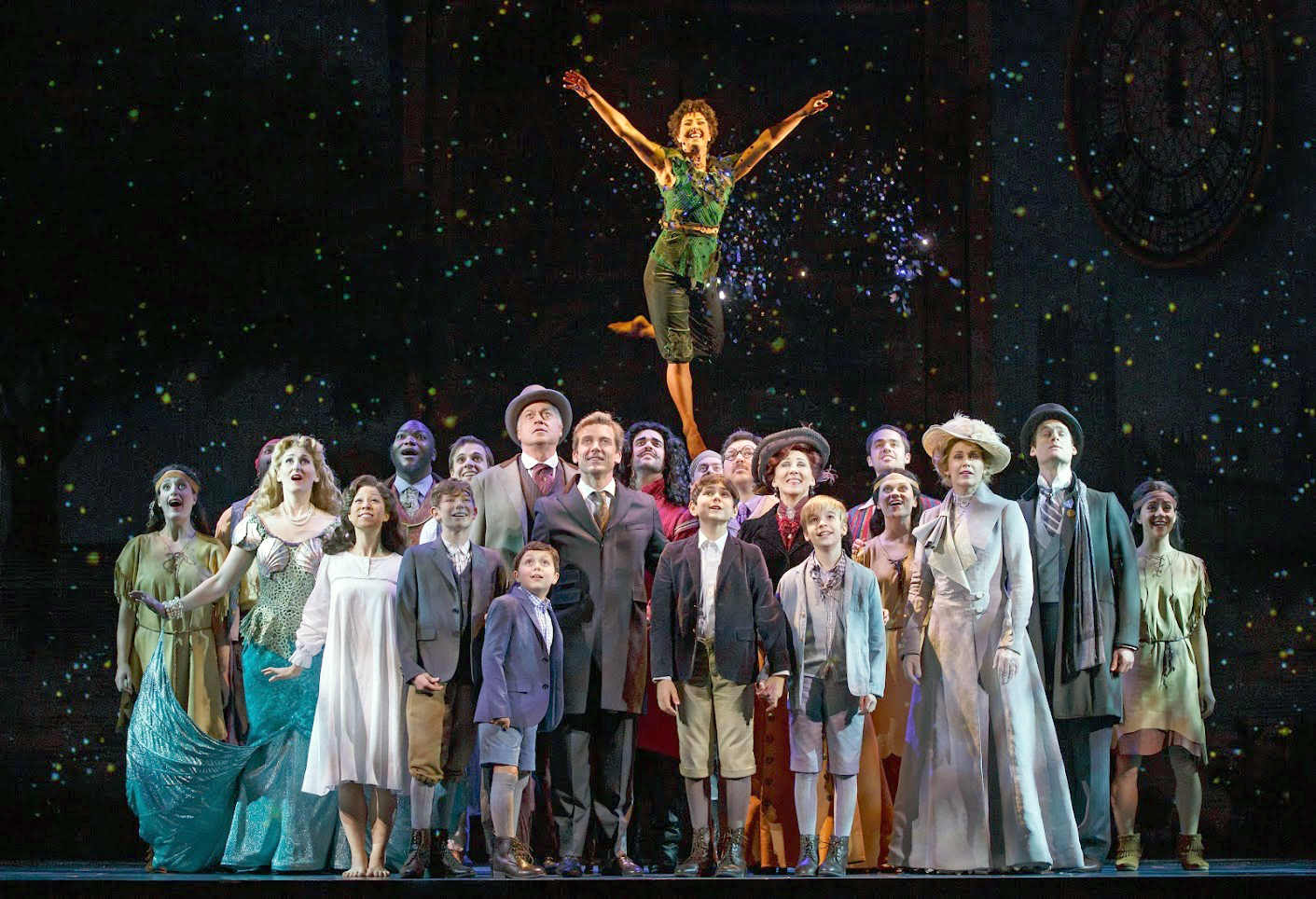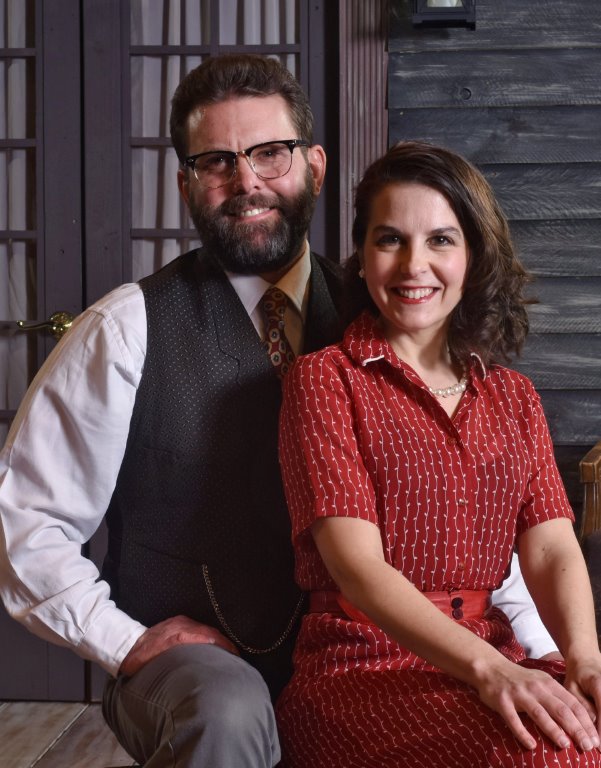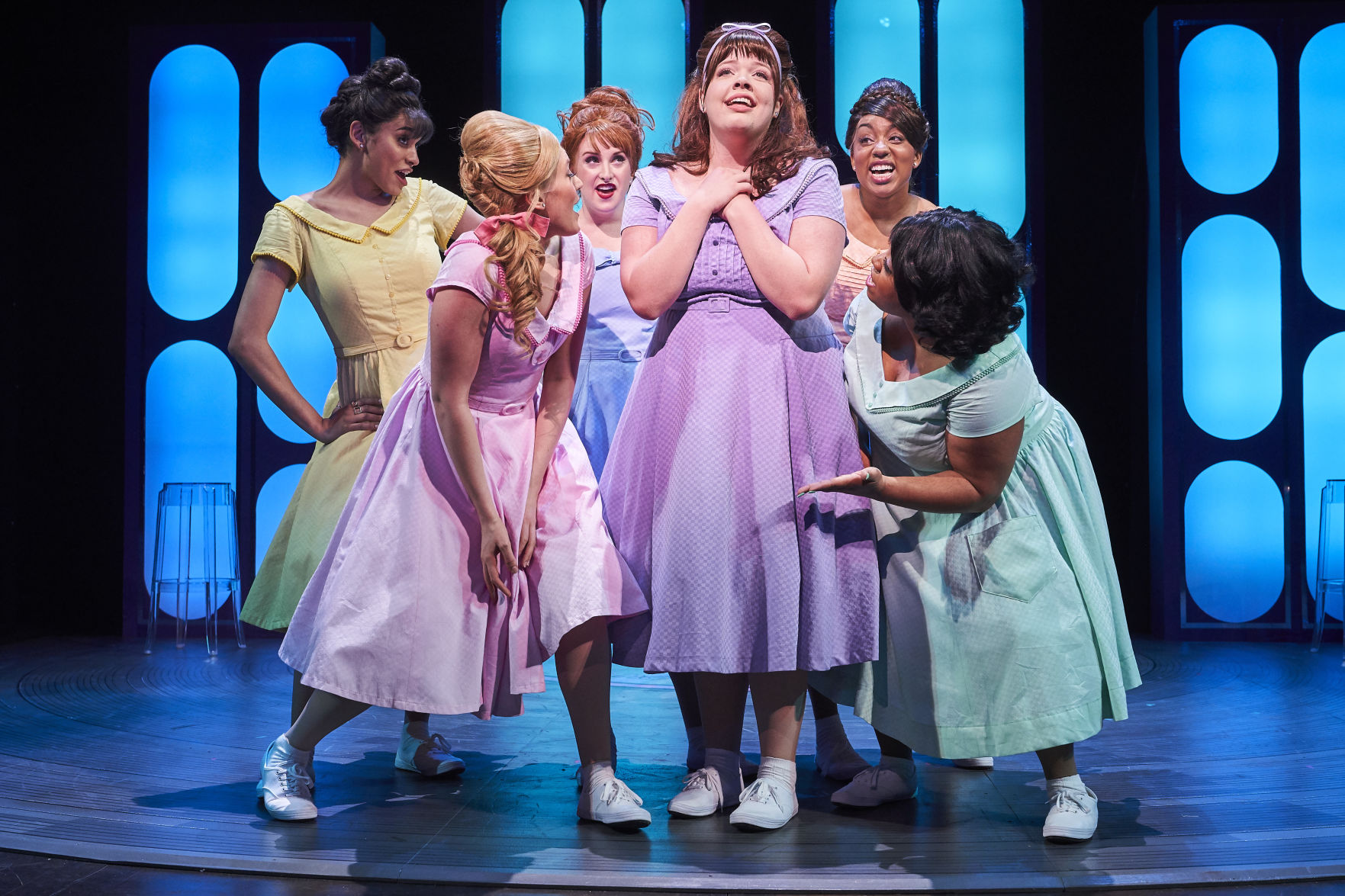Karamu fouls off a few while swinging for the ‘Fences’
By Bob Abelman
Actor Denzel Washington, who won a Tony in 2010 for his portrayal of protagonist Troy Maxson in the Broadway revival of August Wilson’s Pulitzer-winning “Fences,” recently led a $5 million fundraising effort to restore the playwright’s childhood home, to be completed in 2020.
While watching the current production of the play at Karamu, it is very easy to understand Wilson’s legacy and appreciate Washington’s passion for preserving where it began.
“Fences,” which is set in a lower-middle-class black section of Pittsburgh in the mid-1950s, is one of the most successful and enthralling installments of Wilson’s highly celebrated 10-play “Pittsburgh Cycle.” The play’s title alludes to the hard-wood hedge middle-aged Troy (Darryl Tatum) is building to surround the small front yard of his weathered Hill District home, where he is master of all he surveys. It also references the emotional barrier that exists between him and those closest to him.
They include his wife Rose (Colleen Longshaw), who braves through his most erratic behaviors and core cruelty; teenage son Cory (Dar’Jon M. Bentley), whose football career Troy undermines in callous response to his own disappointments as a Negro League baseball player; Lyons (Dyrell Barnett), Troy’s abandoned and aimless 30-something son by a previous marriage; and younger brother Gabriel (Prophet D. Seay), whose war-time head injuries have rendered him childlike and vulnerable.
Only Troy’s pal Bono (Peter Lawson Jones) – who shared his time in prison, works by his side as a garbage man, and adores the man and his tall tales – remains largely impervious to his best friend’s mean-spiritedness and alienation. If we did not see the demeaning and demoralizing Troy through Bono’s rose-colored perspective and in his company, he would be a most unlikable character. Liking him is essential to our buying into the play’s heightened realism and the poetry the playwright offers in the form of rapid-fire discourse, soul-baring monologues and flinch-worthy confrontations.
Neither Tatum as Troy nor Jones as Bono made that easy on opening night.
Troy’s intense, stage-filling presence and quicksilver shifts in emotional states, including endearing flashes of playfulness and sexual impulse, are muted affairs in Tatum’s hands. His otherwise fine performance softens Troy’s edges and lacks variety in pitch, tone and intention, which does not serve this play.
And what should be unconditional and unwavering love on Bono’s part is unconvincing in Jones’ rather pallid portrayal. Both actors find the humor in the script, which is delightful, but they don’t mine the drama that also resides there. This is most evident in the first act, where it is most important.
Mining drama is left to the magnificent Longshaw, who finds strength, stability and dimensionality in Rose and through whose eyes we best sense Troy’s redeeming qualities. The other members of the ensemble also turn in clearly delineated and authentic performances. All this gives life to Wilson’s language.
The entire cast finds better balance in the second act, but by that time, Wilson’s brilliant storytelling and Tony Sias’ intuitive direction have taken over to carry this powerful play to its poignant conclusion.
Perhaps the best part of the second act is the introduction of actor Logan Dior Williams. Playing 7-year-old Raynell, the child Troy conceived with another woman and who is being raised by Rose, Williams steals the show when she shares with Cory a song Troy had apparently taught them both. This is a tender moment in a play strategically and painfully devoid of them, so it comes as a brief reprieve as well as an absolute pleasure.
All this takes place on a cramped patch of front yard realistically rendered by scenic designer Richard Morris Jr. His and lighting designer Colleen Albrecht’s attention to detail is impressive save for a prominently placed tree that could not look more artificial and a sky that does not register the passing of the seasons suggested in the script.
This Karamu production fouls off a few curveballs delivered by the playwright, but it never swings and misses while going for the “Fences.” CV
“Fences” at Karamu
WHERE: Jelliffe Theatre, 2355 E. 89th St., Cleveland
WHEN: Through Oct. 21
TICKETS & INFO: $20-$40, Call 216-795-7077 or visit karamuhouse.org
Bob Abelman covers professional theater and cultural arts for the Cleveland Jewish News. Follow Bob at Facebook.com/BobAbelman3 or visit cjn.org/Abelman. 2018 Ohio AP Media Editor’s best columnist.
Originally published in the Cleveland Jewish News on Oct. 18, 2018.
Lead image: Darryl Tatum as Troy and Colleen Longshaw as Rose. | Photo / Vince Robinson











